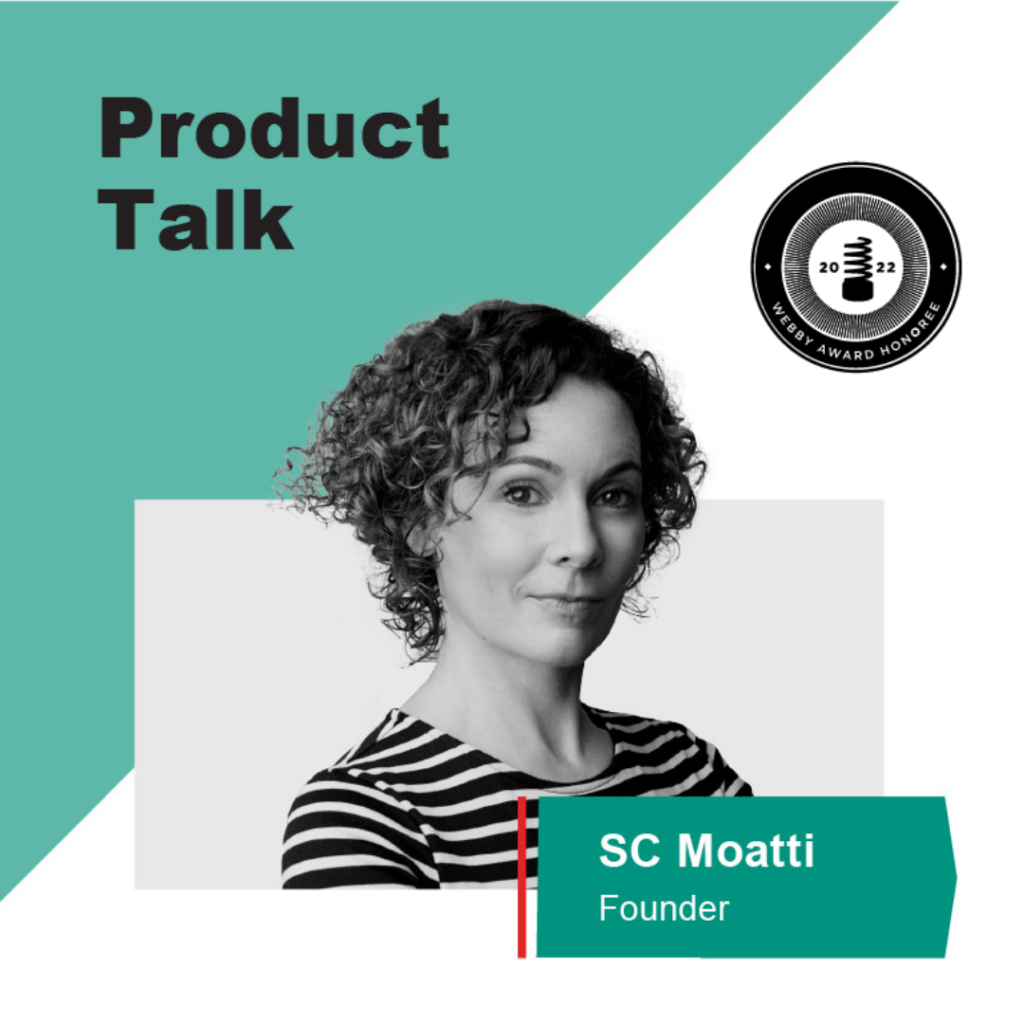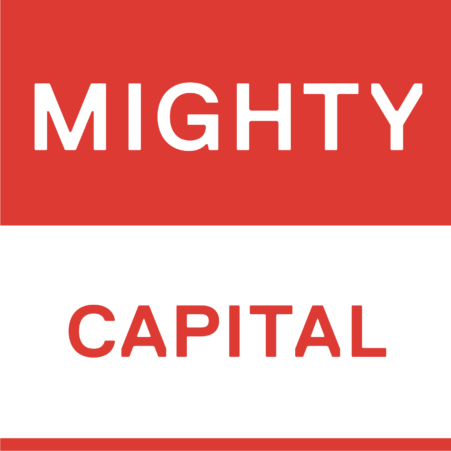We recently sat down with Heap Co-Founder & CEO, Matin Movassate, to discuss all things Heap, product management, and how data analytics can help product managers throughout the product lifecycle. Heap is the sponsor for the 2020 Product Awards and after listening to this episode, you’ll understand why they’re so passionate about supporting great products for PMs
Here are some of the key takeaways on product management from the conversation, but the whole episode is well worth a listen! And before we continue, a special thanks to Heap for sponsoring the Product Awards.

On what got him hooked on building products
For Movassate, like some of the greatest inventions of our time, it was born out of the pursuit of efficiency. Or, in his words, laziness and the desire to get back to playing videogames. It sounds like he was a product management prodigy!
“For as long as I can remember, I’ve enjoyed building products. I think my very first taste of it was when I was in high school and are really wanted a summer job. So my dad, let me do administrative work at the construction company that he worked at. He needed to change a bunch of files and put it into folders based on the date and the content of those files. There were like thousands of these files. So I had to do a lot of manual work. And I was really lazy. So what I did was I built a program in AppleScript that automated a lot of that stuff for me, and was able to find that that was able to get a bunch of free time back and play video games instead.
I stepped back and I was like, Wow, that’s really cool. This software coding thing is pretty leveraged. And so that made me want to learn how to write proper code and get into software and now here I am.”
On what makes a great Product Manager
Movassate gets to see and shape Product Managers, and ensure great product management, in his role as CEO and co-Founder of Heap.
“Ultimately, we view our PMs as doing whatever it takes to ship the best software that helps our customers. The point is that it’s a pretty broad scope of things and day to day that could vary a lot. One day you might not have a designer available on your team. You’re gonna have to work with that constraint and build the mock yourself. You might not have a QA function to work with to ensure there’s quality in your product, so you’re the QA team. You might not have a product marketer to help you with your launch release notes. You’re writing the launch notes yourself.
And so we need PMs who are adaptable and flexible to those changing constraints. The constant I would say though is that a PM is always a context amplifier. They should communicate the customer context, company goals, etc. So, it’s crystal clear at any moment what needs to be prioritized on their team.”
On what makes a great leader
As Heap has grown, Movassate has had to learn about leadership and what his view is on the subject.
“Leadership looks like great Product Management. What I mean by that is a bad leader would be one who justifies their decisions because of their position. Like, I’m the CEO, you should do what I say. We should pursue this initiative because I said so is not very inspiring leadership. I think great leaders share the context that drives alignment and empowers others to make the decisions and the calls themselves. And to me, that is exactly analogous to the mandate of a PM. They should disseminate the context that allows others to know exactly what and why, why we do what we do, and why we need to do those things.”
On the importance of conversations with your customer for great Product Management
Feedback is an important aspect of great product management. There were too many great truth bombs in this snippet to cut it down. This is so important!
“The art of talking to a customer is fascinating. I think you can be endlessly skilled at it. We use it in every part of our company. Obviously, it’s important in sales discovery. It’s important in understanding the market. We also use it heavily on the product side and that’s in addition to the Heap customer data that we collect.
A very critical piece of customer data for us is actual conversations and sitting down with them. We have a few different tactics we try to adhere to one is avoiding yes or no questions that don’t allow for further explanation. So instead of asking, ‘do you think you make good use of your product analytics solution?’ You should be asking something more open-ended, like, ‘tell me about your experience using a product analytics solution.’
Another important tactic is avoiding leading questions. It’s actually quite easy to ask a leading question. One example of this is going to a customer or going to a prospect and asking, ‘well, what are your issues with product analytics?’ Sure, they can mention some issues. But that’s not necessarily an indication that those issues matter.
I think the last piece, and I learned this from our good friend Elon Musk, is this idea of you have to seek negative feedback. You have to do everything you can to get a customer or prospect to tell you how your product sucks. By default, people want to be positive. They don’t want to hurt your feelings. They don’t want to burn bridges. So you need to ask hard questions around, ‘what’s the least favorite part of using our product?’ or ‘what do you wish our product did that it doesn’t do today?’ Don’t accept waffling answers. Be able to dig in really deep and get them to hurt your feelings. If you don’t feel like your ego is a little bruised, you haven’t worked hard enough to seek that negative feedback.”
On why he co-founded Heap
The story behind the inspiration for Heap is a good lesson on why so many PMs resist data analytics.
“After I graduated from college, I was a product manager at Facebook. And one of the things that fascinated me about Facebook’s product practice was how data-oriented it was. That it was a unique company in that it had sophisticated analytics infrastructure, tons of fascinating customer data, and really smart data scientists to make sense of that data. I thought that that would be an interesting way to understand what mattered for users and what that market looks like.
In practice, I found it actually difficult to make use of all of that fancy analytics machinery. Because at the end of the day, I was limited by lacking the data I needed to answer my questions. So every time I had a question, let’s say I wanted to understand how many users were engaging with a new feature we built in the Messenger app. I would need to go to an engineer, beg that engineer to write a tracking code for me. Then, wait for that tracking code to go live, wait for enough data to come in and then loop in an analyst and a data scientist to make sense of that data for me. And long story short, by the time I would get the answer to my question, literally, months would pass by and I needed to loop in a bunch of different stakeholders.
And the takeaway was, well, holy shit! If it’s this difficult to be able to make use of data as at a place like Facebook, well, then what hope does the rest of the world have to use data effectively to drive their decisions? So we decided to rethink analytics from the ground up.”
Learn more about Heap.


